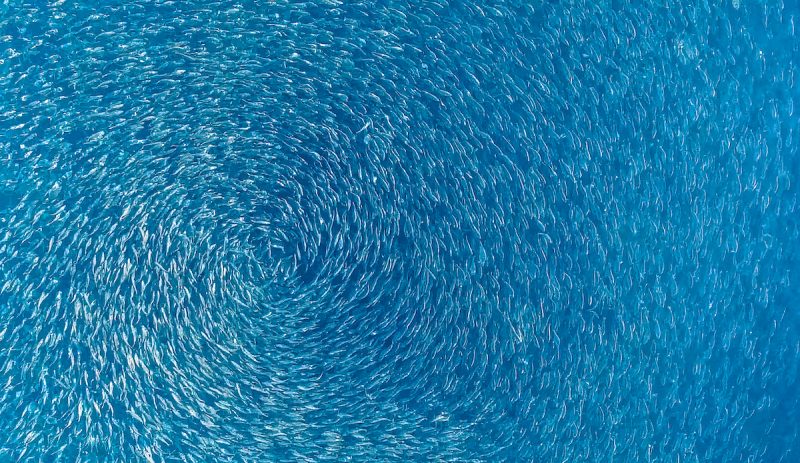Conservation groups support sustainable aquaculture
Farming the sea, aquaculture, sustainably increases the security of our food supply, the supply of healthy protein while reducing the ecological footprint, say conservation groups.
By SeaWestNews
Anti-fish farm groups in BC, trying to kill the sustainable aquaculture industry, want you to believe that all conservation groups are behind their efforts.
That is simply not true says speakingofseafood.org, which is part of The Ocean Foundation , a community group dedicated to reversing the trend of destruction of ocean environments around the world.
“There is a misconception that aquaculture is not supported by the conservation community. In fact, the conservation community does see the important role well-managed aquaculture can play in providing consumers with a healthy, low impact protein,” said speakingofseafood.org.
Below are a series of videos by conservation organizations who share, in their own words, why their organization supports responsible aquaculture.
Dr Jerry Schubel, CEO and President, Aquarium of the Pacific which is involved in numerous conservation efforts, including sustainable seafood, watershed education, ocean literacy, and more.
The Nature Conservancy operates more than 100 marine conservation projects globally.
“With wild fish stocks in finite supply we know that aquaculture or the practice of growing food in the water is the only way to meet the increased demand for seafood”
Ocean Wise has over 700 partners with thousands of locations across Canada as part of its Ocean Wise seafood program, which helps consumers make sustainable seafood choices that ensure the health of our oceans for generations to come.
“I think the largest misconception of farmed seafood is that it is inherently bad and worse than wild seafood whether it is for health or for sustainability reasons. And that’s simply not true”
John Racanelli, CEO and president of the National Aquarium, which has a 35-plus-year history of local, regional and global conservation initiatives that provide real solutions for protecting aquatic and marine life alongside human communities.
“Aquaculture offers an opportunity to feed people create economic growth and at the same time protect the health of our planet.”
RELATED STORIES

